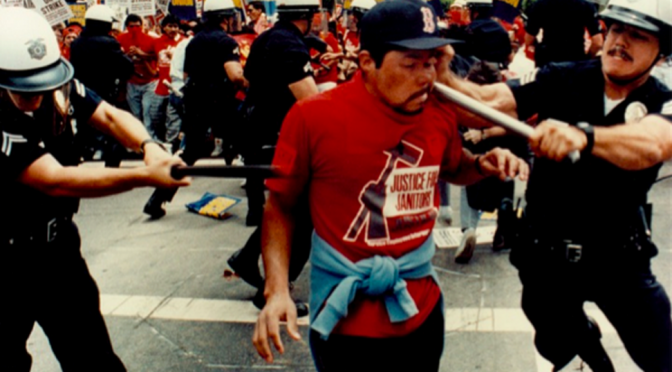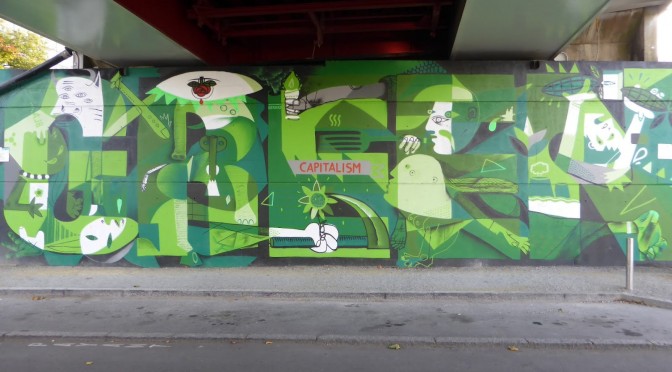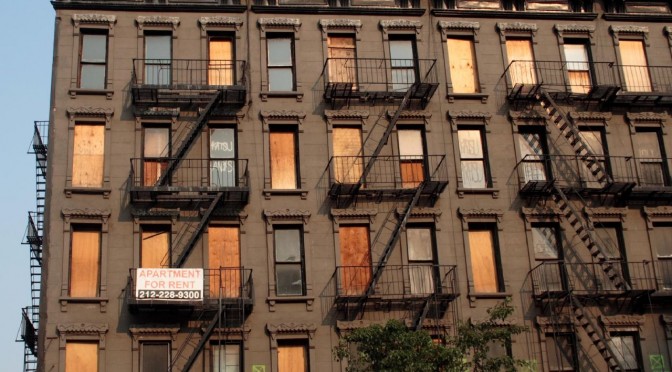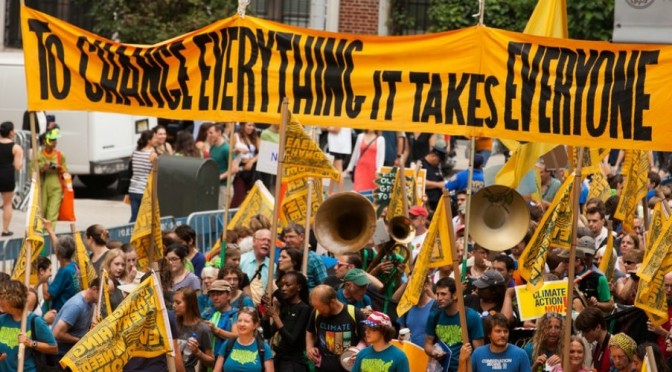The Labor Studies Program invites all CUNY and non‐CUNY graduate-level students to enroll in our special topics graduate class:
LABOR & ENVIRONMENT: Trade Unions and Social Movement Approaches to Climate Change and Ecological Degradation
Facilitated by Sean Sweeney
Thursdays, Aug. 27th to Dec. 17th, 2015 @ 6:15-8:45pm
The emergence of alarming scientific data on climate change, pollution and ecological degradation has triggered a rising wave of activism and organizing around environmental issues. A growing number of unions in the US and internationally are participating in the struggle to protect the environment – but many unions still view environmental protection as a threat to existing jobs in key sectors. The scientific reality has also forced labor and other social movements to debate and propose solutions to what amounts to a civilizational crisis.
This course will look at how the ecological crisis is expressing itself in the form of climate change and warming temperatures; growing water scarcity, toxic forms of agriculture, and other major challenges. It will look at how unions and movements are responding to the challenges at the level of organizing and policy. A key component of the course will involve looking at ‘big picture’ theoretical questions, including notions of ‘planetary limits’ and the capacity of the capitalist political economy to deliver a truly sustainable society in the coming decades. The course will also examine how social movements are asserting a new narrative based on democracy, transparency and sufficiency.
NOTE: This graduate course is open to all non-degree/non-matriculated students who already hold a Bachelor’s Degree. Current CUNY graduate students should register for the course via E-Permit @ CUNY Portal and pay tuition to their home college. Once a permit is approved and processed the course will appear on the tuition bill and your course schedule will be generated by the home college. For more information about registration and tuition and fees, please contact Irene.Garcia-Mathes@cuny.edu / 212-642-2050
Photo: “People’s Climate March 2014 NYC” via South Bend Voice









